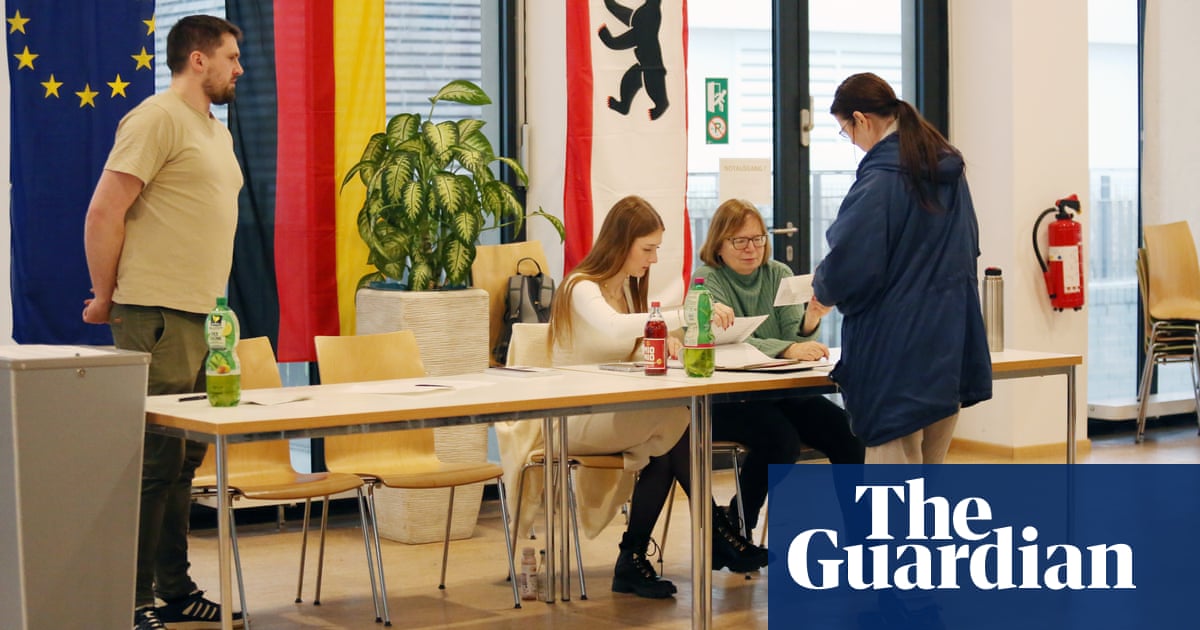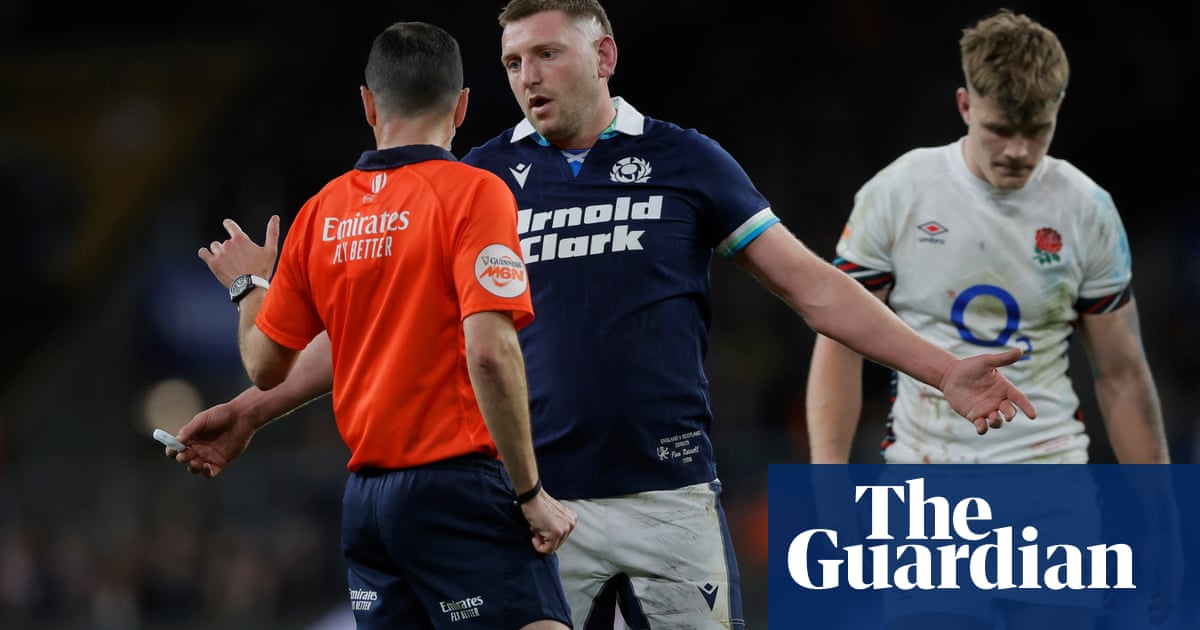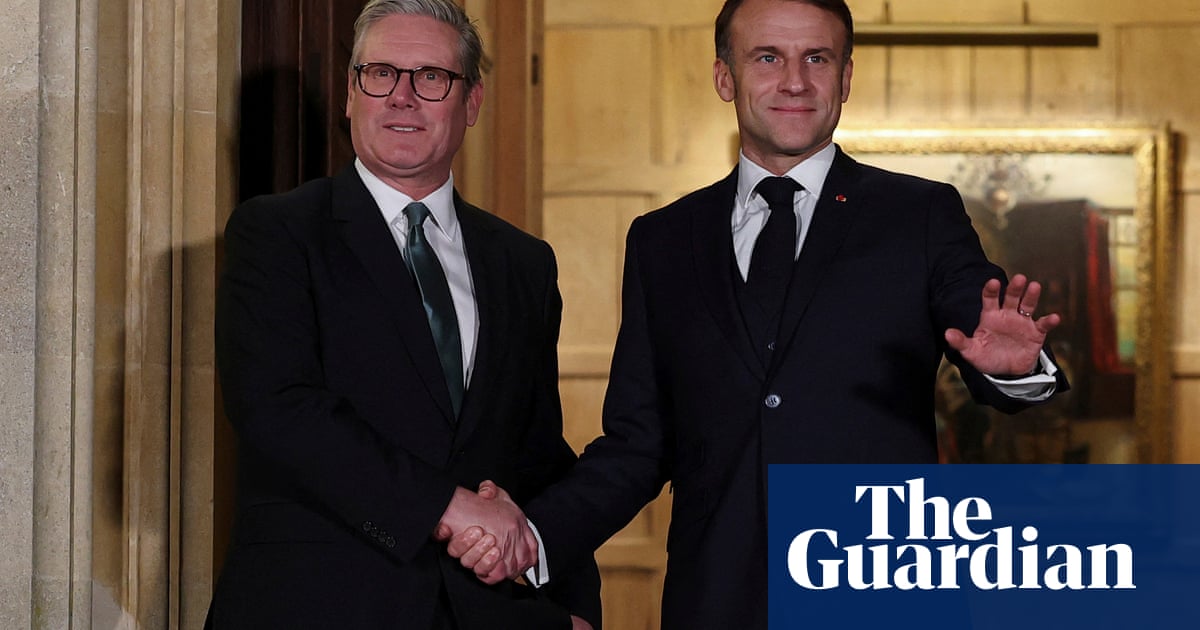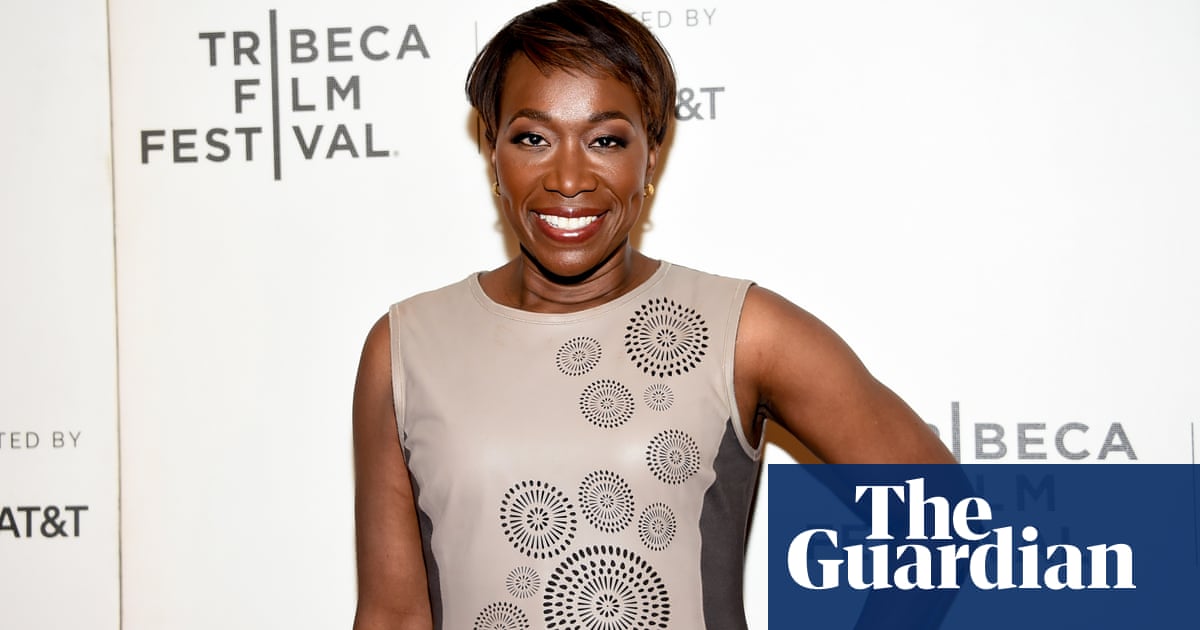Key events Show key events only Please turn on JavaScript to use this feature
Matt Britzman, senior equity analyst at Hargreaves Lansdown, said:
Direct Line is playing hard to get, again, as the board rejects a tentative takeover offer from Aviva on the grounds that the 250p per share on the table significantly undervalues the company. It’s not a clean offer; the 250p would be split half as cash and half as Aviva shares, which always makes things a little more complicated.
Direct Line is no stranger to takeover offers, having rejected multiple attempts from Belgian insurer Ageas earlier in the year. There’s a case to be made that Aviva is a better suiter, given it already shares markets with Direct Line in the UK, but it’ll need to up its game - and its offer - if it wants Direct Line to take the proposal seriously.
Direct Line shares jump 38% after Aviva's £3.3bn offer
Direct Line shares jumped as much as 38%, after news last night that Aviva has swooped on it with a takeover approach – which Direct Line has rejected.
Meanwhile, Aviva shares have fallen by 2.7% at the open, making the UK’s largest insurer one of the biggest losers on the FTSE 100 index this morning. Rival insurer Admiral is the biggest riser on the FTSE 100, up by 3%.
Direct Line shares are the top riser on the FTSE 250 index, rising above 217p, still some way below the indicative bid price of 250p.
Aviva has offered to pay 112.5p in cash plus 0.282 new Aviva shares for every Direct Line share, making the offer worth 250p a share, based on Aviva’s share price at 488p a share on 18 November, the day before it made the takeover approach.
Direct Line has rejected the indicative offer as “opportunistic,” but some analysts disagree.
Panmure Gordon analyst Abid Hussain said:
We believe that an offer at around 250p per share or slightly above is good for Direct Line shareholders.
The offer represents a 60% premium to Direct Line’s shares on 18 Nov. Or 57.5% premium to close yesterday.
Direct Line is in the middle of a turnaround after a string of profit warnings and a new management team – largely ex Aviva including the CEO Andy Winslow and CFO Jane Poole), some of whom have not even started yet.
Hussain said:
The Competition and Markets Authority will have a view on the combined group BUT we assume that Aviva have considered this and have discounted it as being an issue. We understand that the combined motor market share would be less than Admiral’s but in home, where Aviva has a market share of 12%, the combined group would be No.1.
No cost savings/ synergies have been disclosed but we assume at least 10% as being a likely figure. Aviva have stated that cost synergies will be in excess of the £100m cost savings that Direct Line have previously identified itself.
Introduction: UK consumer confidence remains weak after budget as Christmas approaches
Good morning, and welcome to our rolling coverage of business, the financial markets and the world economy.
Confidence among British consumers has remained weak as Christmas approaches.
More people worry about the state of the economy than before the autumn budget, according to the British Retail Consortium’s latest survey. A measure of consumer expectations for the next three months worsened slightly to -19 in November, from -17 in October.
At the same time, people’s expectations for their own personal financial situation improved slightly to -3 this month from -4 in October.
Personal retail spending expectations improved slightly ahead of Christmas, to +3 from +2, while personal spending overall remained at +17, and personal saving stayed at -9.
Helen Dickinson, the BRC’s chief executive, said:
There was little shift in consumer confidence since the chancellor’s budget, with many worried about the economy in the lead up to Christmas. While there was a very slight improvement in people’s expectations of their personal financial situation, this was offset by declining expectations of the wider economy.
Personal retail spending remained positive, edging up slightly, though this was to be expected as consumers prepare for the festive season. Within this, non-food spending expectations remained low, though expectations of spending on eating out improved the most out of all categories, as people prepare for Christmas catchups with friends and relatives.
The last month clearly did little to shift the dial for households either positively or negatively, however, the same cannot be said for the retail industry. With over £7bn in additional costs in 2025 resulting from the budget, retailers will have little choice but to raise prices or reduce investment in jobs and shops. To mitigate this, government must ensure that changes to the business rates system, planned for 2026, bring about a meaningful reduction in bills for all retailers.
Last night, Aviva, the UK’s biggest insurer, revealed that it had made a £3.3bn approach to buy its smaller UK rival Direct Line – but was rejected.
Let’s see how the shares respond when markets open at 8am. We’ll monitor any developments.
The Agenda
-
9am GMT: European Central Bank general council meeting
-
9am GMT: Spain inflation for November (forecast: 2.4%, previous: 1.8%)
-
11am GMT: Eurozone consumer confidence final for November
-
2pm GMT: Germany inflation for November (forecast: 2.3%, previous: 2%)

 2 months ago
47
2 months ago
47













































